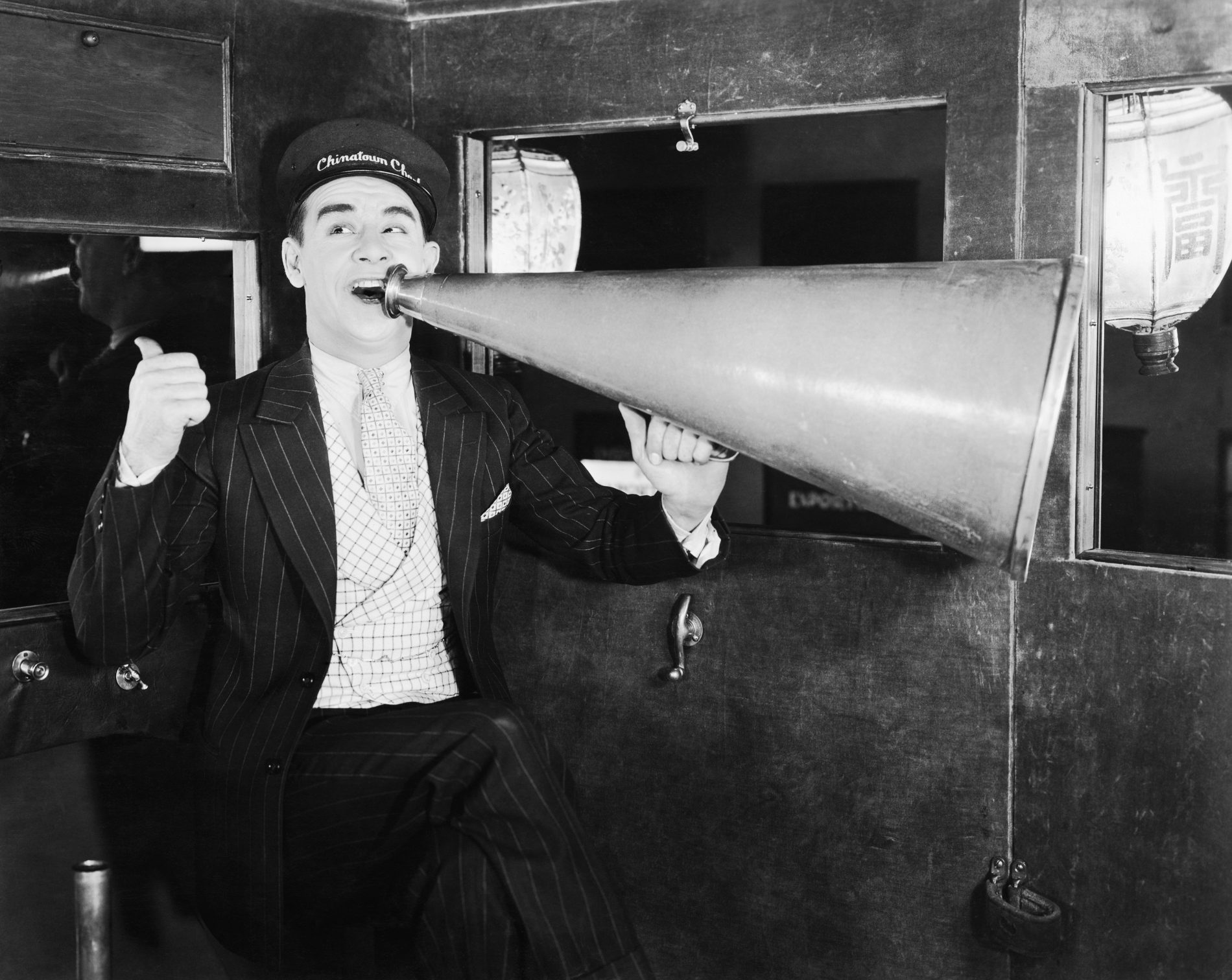Dialogue vs. Divalogue: Listening for Greater Impact as a Speaker
We often make the mistake of choosing the wrong communication approach. In conflict, we orate. When expressing a point of view, we need too much consent from the audience. When negotiating we assume agreement when we don’t have it. We say we invite learning but we leave no opening for the other’s individual expression. We talk too much and don’t listen enough in groups. In other words, we pretend dialogue and act like divas!
You’ve probably heard this before: Listening is different from hearing. In fact, the hearing may be the key to great communication. While most of us focus on self-expression and getting our ideas across better, focusing on real listening is the key to hearing fresh ideas and perspectives. In an article in Psychology Today, psychologist Sherrie Bourge Carter reminds us that “The best listeners recognize that they cannot succeed without seeking out information from those around them and they let those people know that they have unique input that is valuable.”
I think of basic interpersonal communication in two categories: Dialogue and Individual Expression.

Dialogue vs Individual Expression
A. Dialogue is two-way communication and is important
- To work effectively as a team
- To understand others’ needs and desires
- In situations of conflict
- In negotiations
- To invite learning
- For co-operative communication
B. Individual Expression is used in solo situations
- To lecture to or educate another
- To express a point of view where a dialogue is not required
- To perform as an actor
- In oration or in business presentations when describing what we have to sell.
- To communicate as a dictator or diva
Consider your conversations today
Do you actually hear what others are saying or do you drift off and only hear part? Do you focus on waiting for your chance to speak? Do you let the other(s) know that you have heard them? Conversely, when you give a presentation do you look for agreement or acceptance from the audience rather than boldly stating your point of view? On a stage or podium are you more concerned with what the listeners think of you than how you can make a difference in their lives? If so, you can see what I mean when I say we are often confused about the appropriate style of communication.
Start with dialogue
With the current interest in collaboration, learning dialogue skills may be the most important focus for 2013. It starts with listening, and we should all be excited about that! Here are some resources for better listening:
- A TED video: 5 Ways to Listen Better, with Julian Treasure
- A rich resource with articles and links: Active Listening, a page on the retired International Online Training Program On Intractable Conflict
- And a study to be downloaded: Listening and Leadership: A Study on their Relationship, submitted to the National Fire Academy, Executive Officer Program
If you know of other such resources, please let me know. And please let us all know what you have learned about this topic. Leave a comment.
And one more thing … if you enjoyed this post or found it helpful, please share by clicking on the share buttons below. Thank you!!
Connect with us on LinkedIn
Connect with the author on LinkedIn
Photo 1826635 © Stephen Coburn | Dreamstime.com




